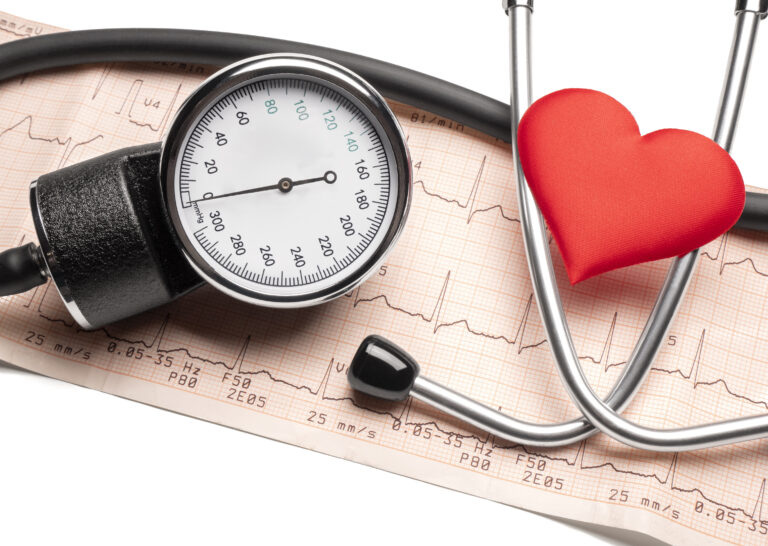We all want to eat healthy, hearty, and delicious meals. But with food costs steadily rising, most of us need to watch our wallets. With some forethought, it’s possible to eat healthily and affordably, too. Here are seven great ideas to help you stay in shape and save money.
Buy Food in Bulk. Whenever possible, it’s a good idea to search for bulk items. Smart shoppers can save up to 50% by purchasing healthy foods in large quantities. Some great bulk purchases include dried beans, grains, onions, rice, oats, and berries that can be frozen.
Plan Your Meals. It may seem cumbersome, but weekly meal planning can help you stay healthy and cut costs, too. You’ll be able to save money by shopping for healthy items rather than making impulse purchases. Weekly meal planning is also a great time-saving tool since you’ll already have an idea of what you’ll be making.
Buy Frozen Fruits and Vegetables. Check out your grocery store’s frozen food section the next time you’re looking to cut costs. Frozen fruits and vegetables are usually cheaper than their fresh counterparts. While items that were pre-cooked and then frozen may suffer a slight nutrient loss, freezing of fresh foods actually retains most nutrients.
Cook at Home. The healthiest and least expensive meals are typically the ones you cook in your own kitchen. On average, home-cooked meals cost half of what they’d cost if you ate out. Meals made at home also allow you to count calories by controlling portions and monitor sodium, fat, and sugar.
Buy Local and in Season. Picking up fresh, locally-grown foods found at farmers’ markets and co-ops is a great way to stay healthy, save money, and support your neighborhood economy. Locally grown food is usually cheaper and helps the environment since it doesn’t have to be transported long distances.
Consume More Beans and Grains. Adding a variety of beans and grains to your diet is good for both your body and your wallet. These inexpensive foods offer healthy carbs, are high in amino acids, vitamins, and fiber, and can reduce the risk of heart disease.
Don’t Waste Leftovers. Food waste is bad for the environment and your wallet. A recent study revealed that American households usually tossed over $600 in food each year. When reheated, leftovers usually have a more powerful flavor. Another benefit to leftovers is that they can be converted into different meals. For instance, leftover vegetables can be blended and transformed into soup.







